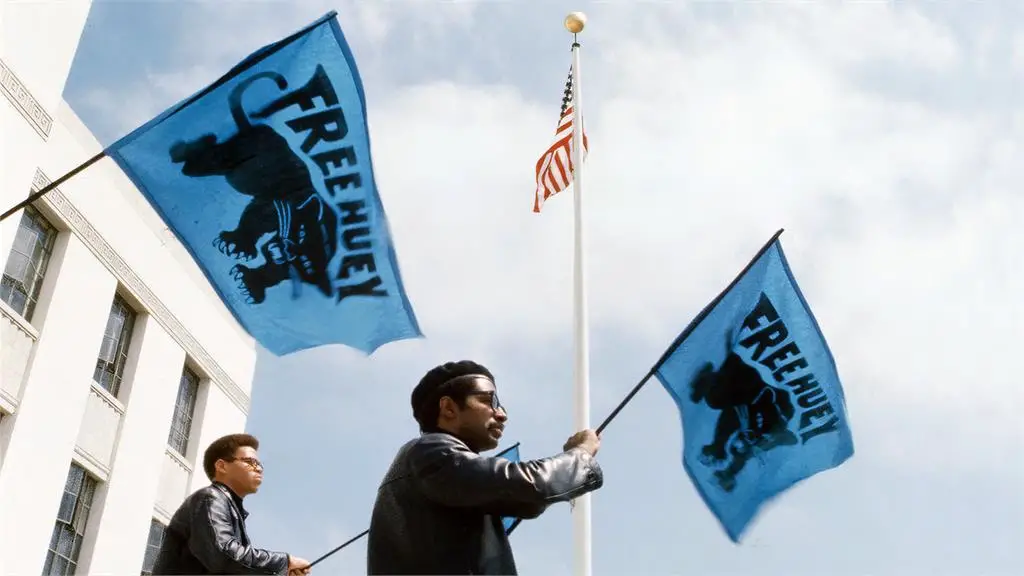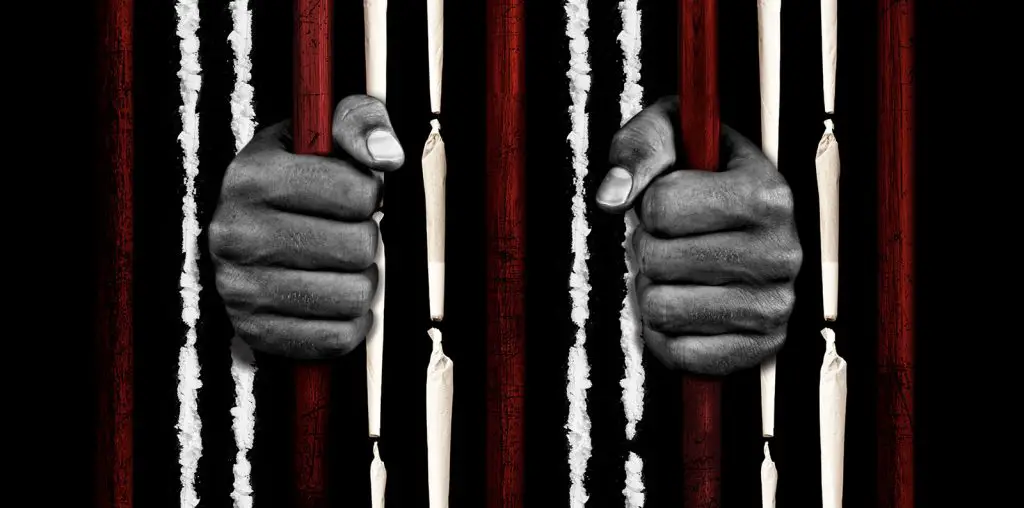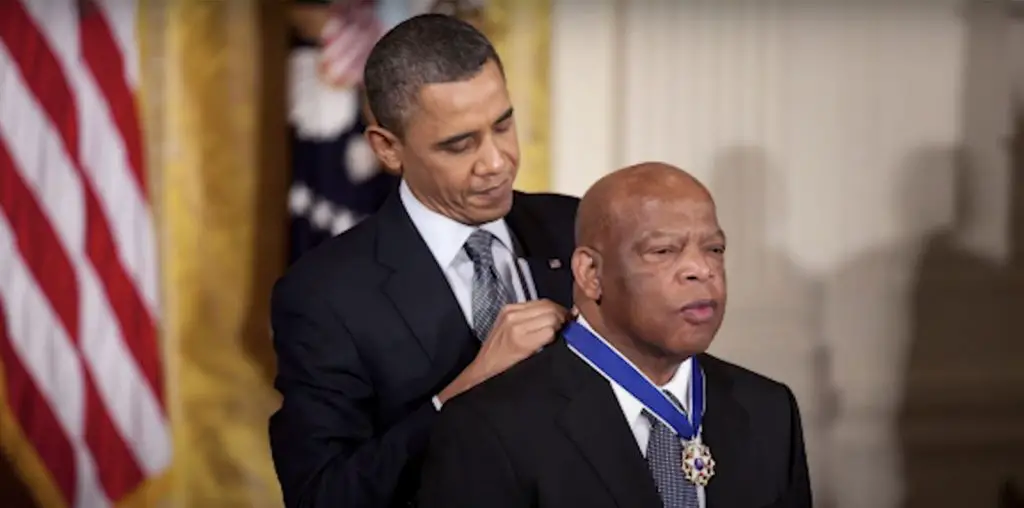
The title of Kiosa Sukami’s short film, A Letter to Black Men, pretty much says it all. If you had a chance, what would you tell your younger self? Better yet, what will you express to the youth who are about the walk the same dark path you walked down years ago?
Black (Baba Oyejide) is a reformed man recently released from prison. Returning home, the only thing on his mind is to care for his late friend’s family, who died by his actions. Unfortunately, fulfilling that mission won’t be easy. First, there’s Kevin (Jesse Lihau), who is already heading down the path toward a life of crime — assault and battery by day and liquor store robberies by night. Then there is Kevin’s sister, Kelsie (Lynsey Murrell). She rightfully blames Black for her father’s death and refuses to see him, much less forgive him.

“She rightfully blames Black for her father’s death…”
A Letter to Black Men is a heartfelt and gritty message to the black community in the United Kingdom (where the film is set). Quite frankly, the problems are not so different here. Sukami’s inspiration for his story comes from the poetry of Haki R. Madhubuti’s book, Black Men, Obsolete, Single, Dangerous?: The Afrikan American Family in Transition. Passages from Madhubuti’s work bookend the story. It opens with Madhubuti’s thoughts about black survival in the hood and urban cities, describing it as Darwinian in nature, “survival of the fittest.” Ultimately, Black passes Madhubuti’s book (much like one passes a Bible) to Kevin in hopes that he sees his life differently.
All the elements are here for this to be a feature film. Director Kiosa Sukami’s command of the camera and narrative brings out subtle yet powerful performances from Oyejide, Lihau, and Murrell. The story possesses the powerful message that rising above one’s situation involves a shift in one’s view of life. A Letter to Black Men feels constrained by the limitations of a short film. It’s a story that wants to breathe, expand, and say something more. It feels forced into its twenty-minute runtime. Still, the film offers the first step to changes to come.

"…subtle yet powerful performances..."


